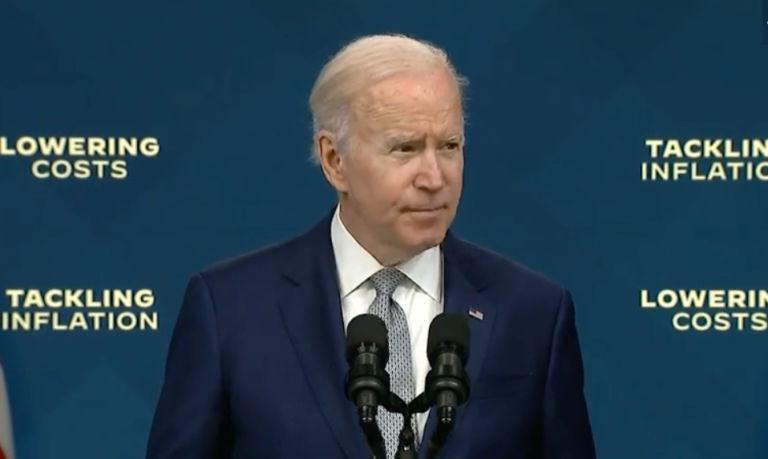Shawn Fleetwood writes for the Federalist about Alaskan conservatives’ reaction to recent election results.
In the lead-up to the 2020 election, out-of-state dark money poured into Alaska to hijack the state’s elections by tricking voters into implementing a ranked-choice voting system. Now, following a midterm election fraught with record-low turnout and confused voters, Alaska’s conservatives are fighting to take back control of their state’s electoral process. …
… Under RCV, which critics call “rigged-choice voting,” voters rank candidates in order of preference. If no candidate receives a majority of first-choice votes in the first round of voting, the last-place finisher is eliminated, and his votes are reallocated to the voter’s second-choice candidate. Such a process continues until one candidate receives a majority of votes.
With RCV also comes the potential issue of ballot exhaustion, which occurs when a ballot is cast “but does not count toward the end election result.” This can occur when voters fail to rank all the candidates on the ballot, leading to the disenfranchisement of voters (as some studies have shown).
While the 2020 RCV initiative, known as Ballot Measure 2, was sold to Alaskans as an effort to keep outside dark money from influencing the state’s elections, it was out-of-state funding that helped push the initiative over the finish line. According to an October 2020 report by Breitbart News, for instance, Yes on 2 for Better Elections, a pro-RCV group, raised more funds from outside Alaska ($6,194,081) than from within the state ($20,000).
RCV “becomes an invitation for exceeding amounts of dark money to come in and put forth a candidate that nobody knows,” Mathias said. “Alaskans are tired of being manipulated by rich people from outside [the state who] think they can tell us what to do.”
During the 2022 midterms, Democrat Mary Peltola defeated former Alaska Gov. Sarah Palin in the race for Alaska’s at-large congressional district as a result of ranked-choice voting. The RCV system also made a difference in the state’s Senate race, where incumbent GOP Sen. Lisa Murkowski fended off a challenge from Trump-backed Kelly Tshibaka.


